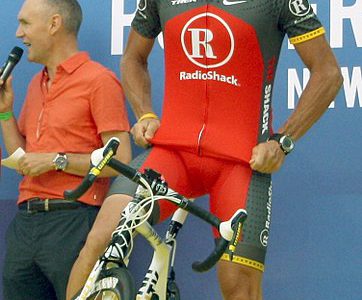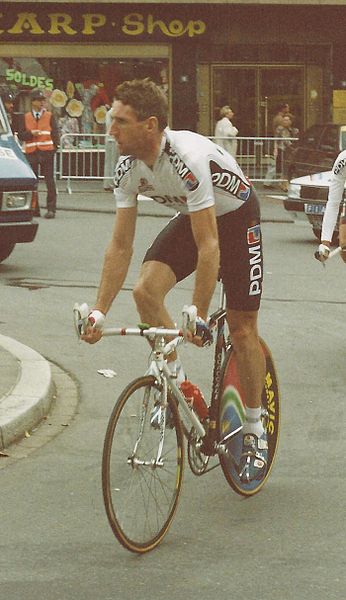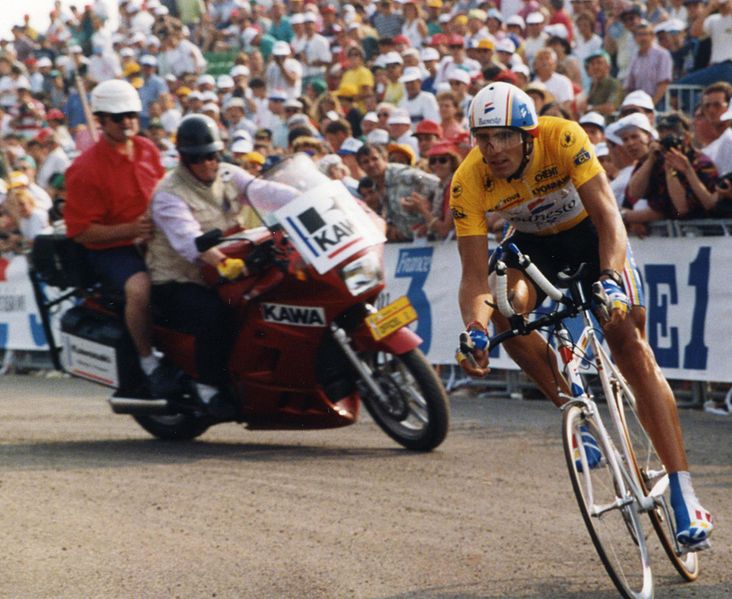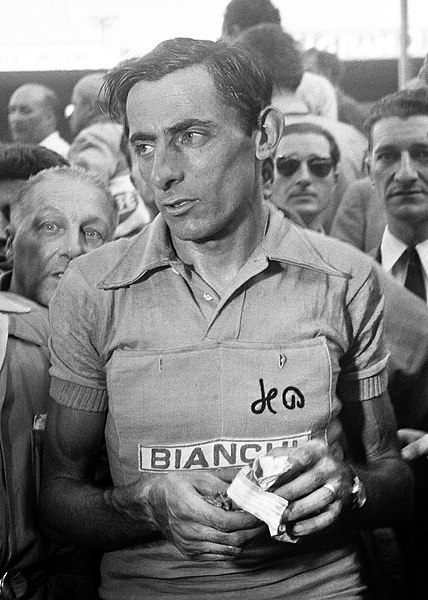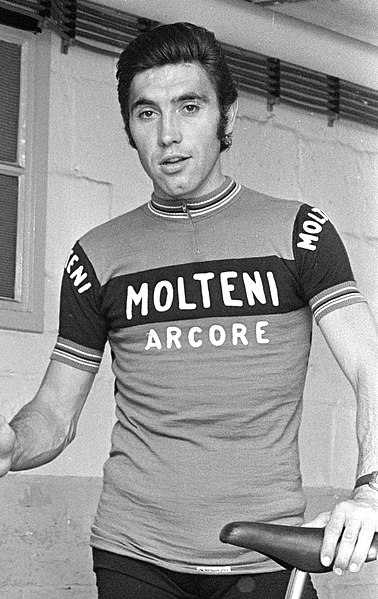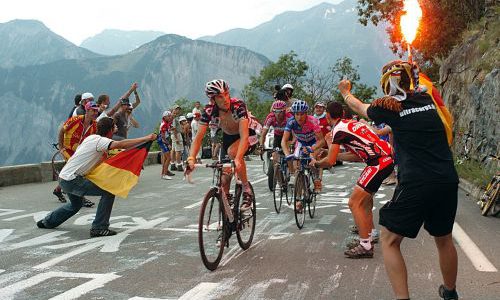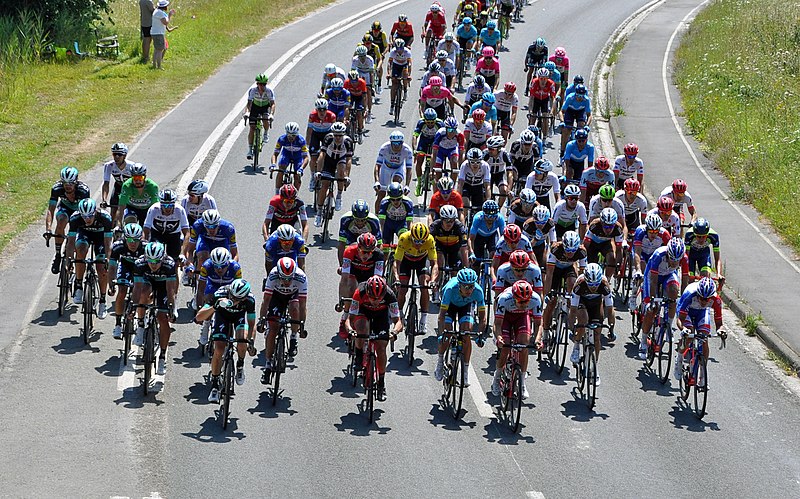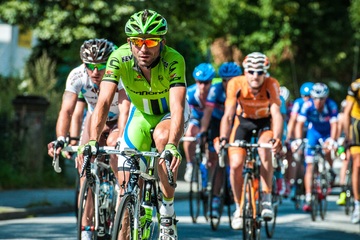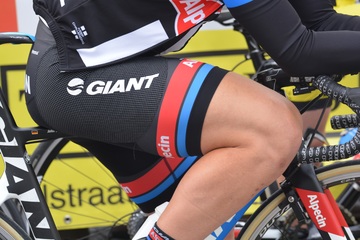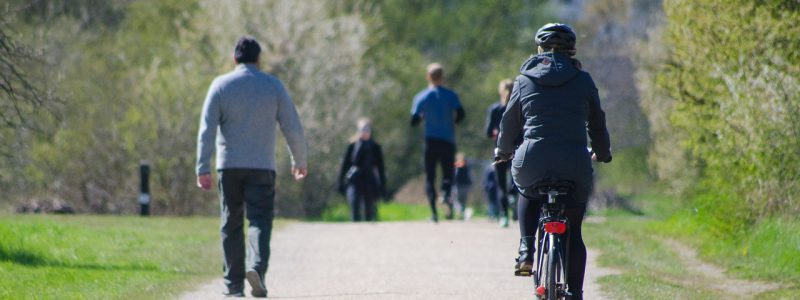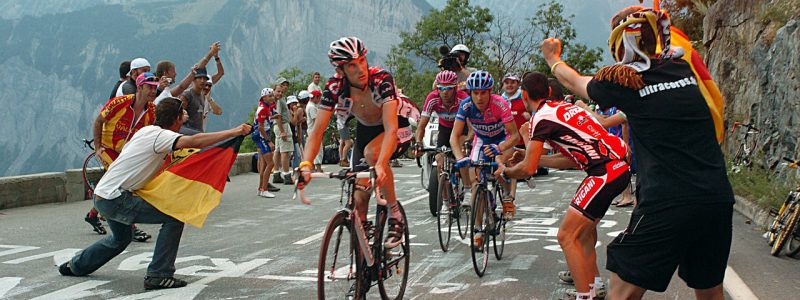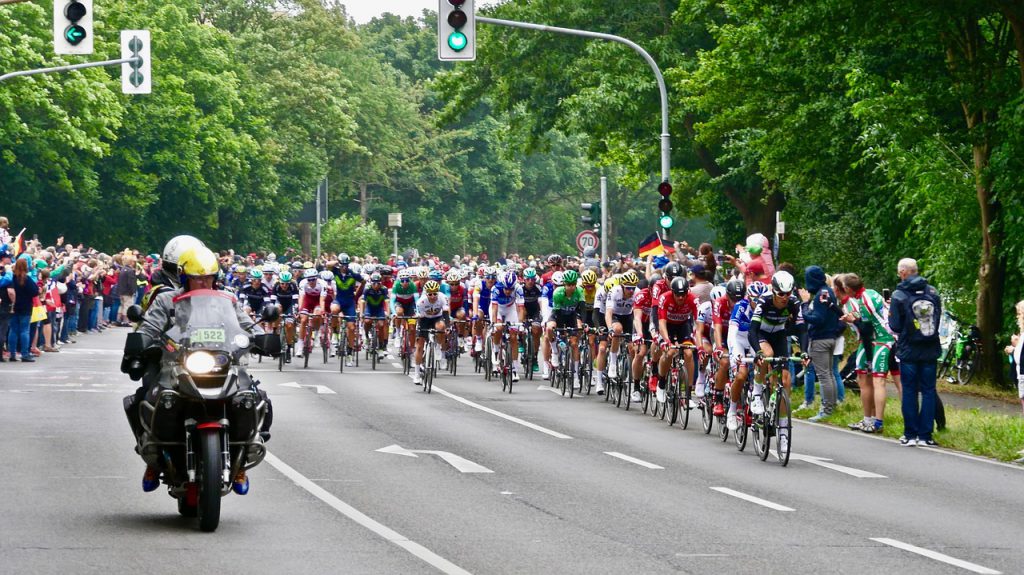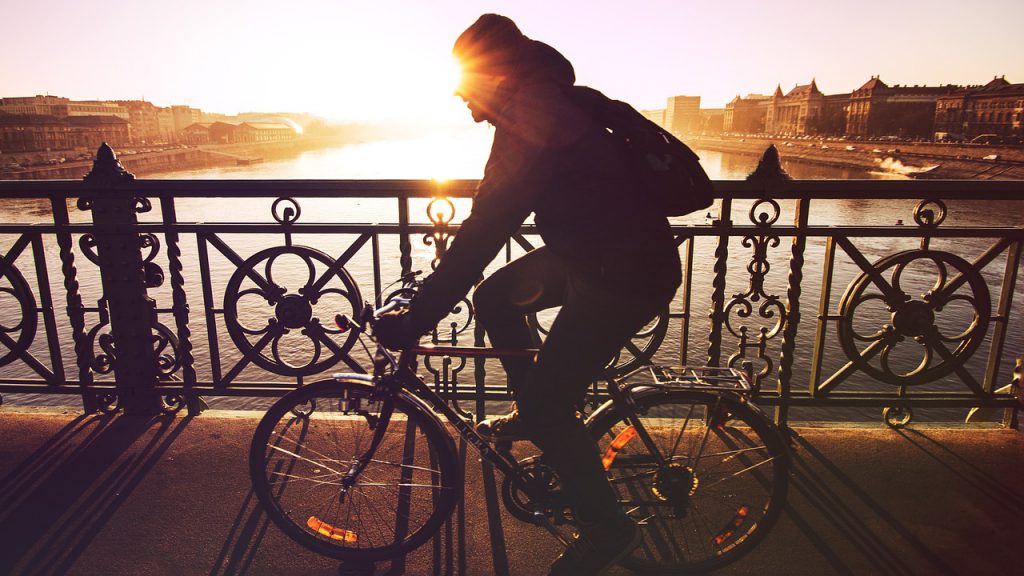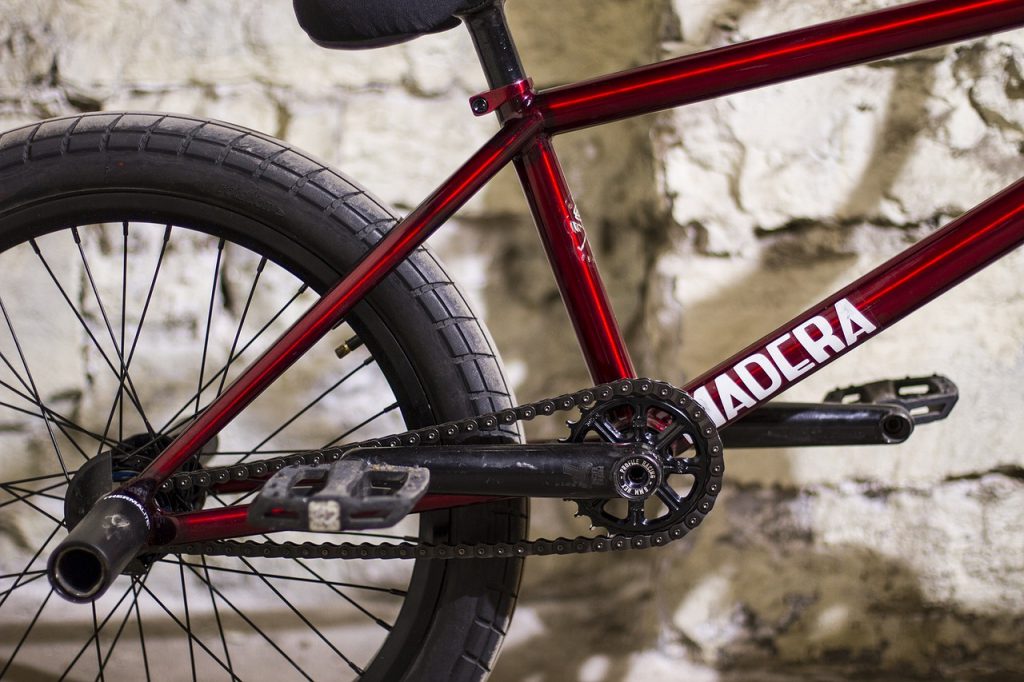Here in the UK, we looooooove football. Everybody’s into it, yes, even your 89-year-old neighbour. The majority of us watch it because it’s fun. But what we don’t often think about is how much these players train. Somehow, it’s totally normal for us to think that running for 90 minutes is nothing special. But, of course, it is. So what’s the catch?! How can they be so fit? Well if you’re a reader of our blog, you’ll be happy to know that cycling might be something they practice…
Let’s get into it: Footballers are known for their explosive speed, dazzling footwork, and endurance on the pitch. Yet, if you peek behind the curtain of their intense training regimes, you’ll often find them pedalling away on two wheels. Cycling has quietly become a staple activity for footballers, and here’s why.
Low-Impact Training for Recovery
Football is brutal on the body. Constant sprinting, sharp turns, and physical contact can wreak havoc on muscles and joints. Cycling offers the perfect antidote: a low-impact workout that keeps their cardiovascular system in check without pounding their knees and ankles into submission. After a grueling match, a gentle ride can loosen tight muscles, flush out lactic acid, and speed up recovery.
Many Premier League teams incorporate cycling as part of their recovery sessions, often swapping the pitch for stationary bikes or scenic routes around training grounds. It’s the “active rest” that athletes swear by.
Building Stamina and Endurance
Football matches demand high levels of stamina. While running on the pitch is essential, diversifying training through cycling helps players build a stronger cardiovascular base. Cycling requires prolonged exertion, which improves lung capacity and heart efficiency—both crucial for players chasing the ball for 90+ minutes. The extended rides mimic the endurance they need on the field while varying their training to avoid monotony.
Mental Rejuvenation
Footballers face immense pressure, from the relentless media scrutiny to the expectations of millions of fans. Cycling offers an escape. There’s something therapeutic about the rhythm of pedalling, the wind in your face, and the open road. It’s a chance to mentally reset, away from the spotlight and the intensity of team dynamics.
For some players, cycling isn’t just a training tool—it’s a passion. It’s a reminder that these athletes, like us, crave hobbies that bring peace and joy.
Cross-Training to Reduce Injuries
Diversifying training isn’t just about performance—it’s about longevity. Footballers are prone to overuse injuries from repetitive actions, like sprinting and kicking. Cycling strengthens muscles that aren’t as heavily used in football, such as the quadriceps and calves, adding balance to their muscular development. This reduces the risk of injury and improves overall biomechanics.
The Secret Weapon
From boosting recovery to enhancing stamina and even providing a mental getaway, cycling has woven itself into the tapestry of modern football training. Whether it’s in a high-tech training facility or on a scenic countryside trail, cycling helps footballers maintain the physical and mental edge needed to perform at the highest level.

